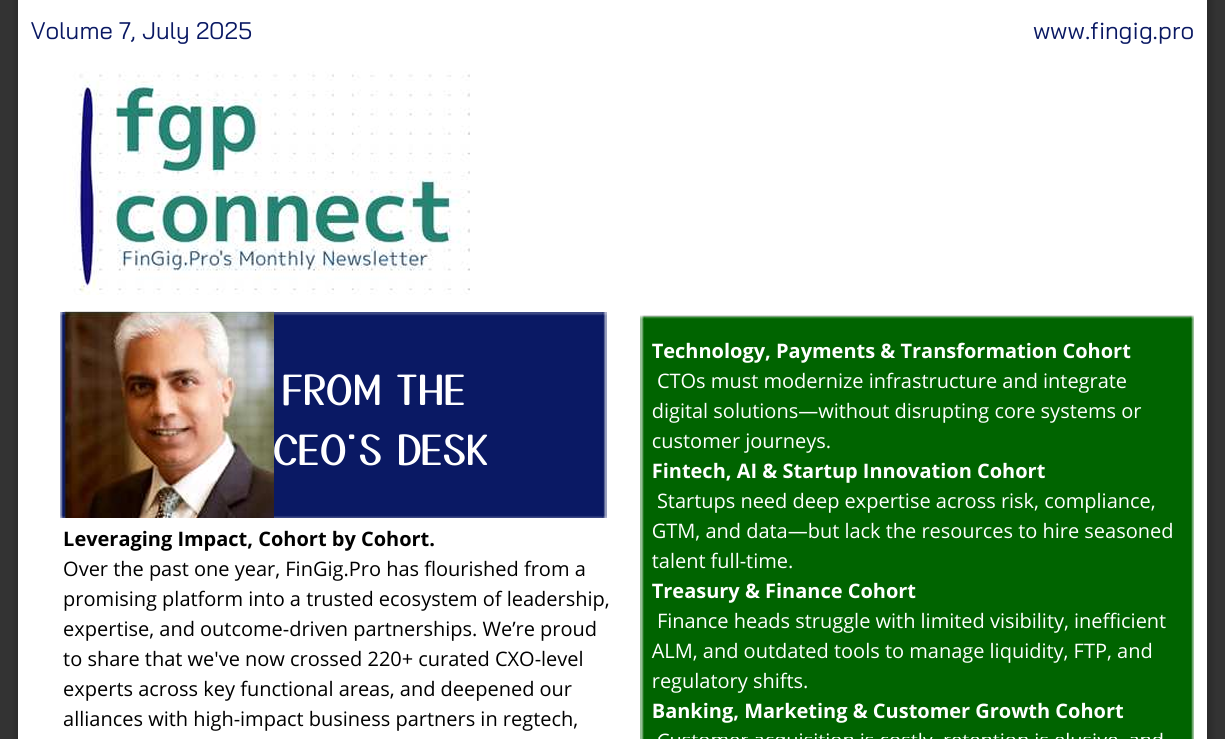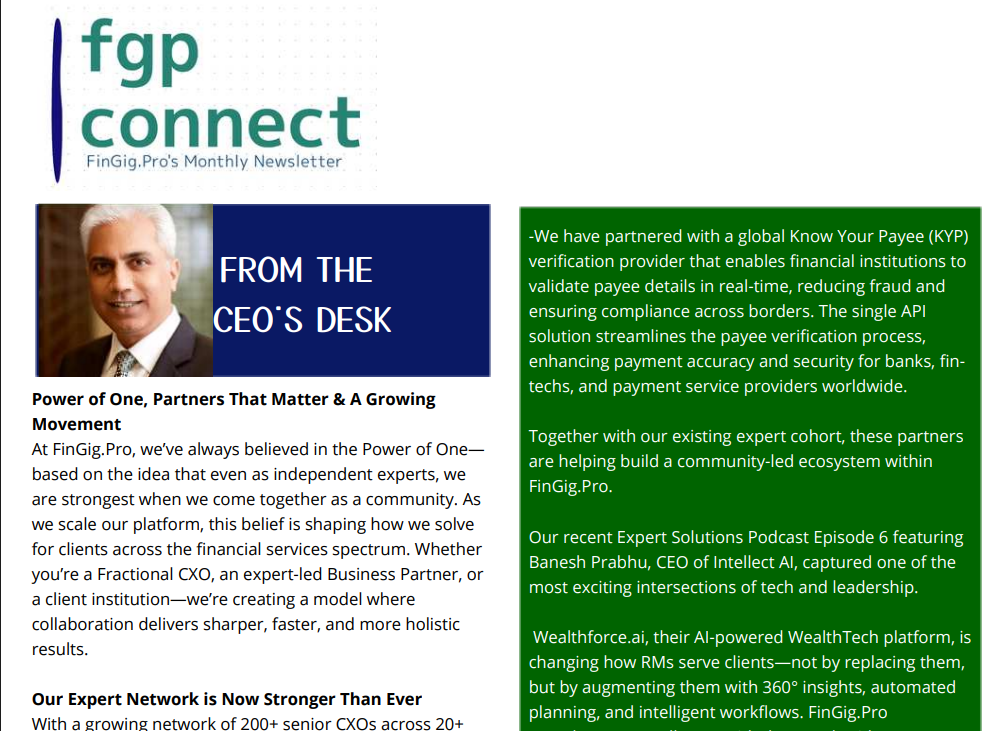- An empathetic bank can listen, provide comfort and find a solution when a distressed customer phones about a missed credit card payment. Purpose is the foundation of the banking relationship and reflects how banks build trust in the long run through consistent action.
- Compassion can have a range of positive impacts on your team, stakeholders, and yourself. It can build trust and loyalty, as everyone will feel valued and respected. It can also enhance collaboration and innovation, as people will be more open to sharing ideas and feedback.
- Asking an executive if they run an empathetic organization is akin to asking someone if they are a nice person. Most people feel they are nice but may not fully understand what it really means to be nice.
- The same is true with empathy in financial services. Delivering an empathetic financial experience involves keeping the customer at the centre while engaging the customer using both available data and technology on their channel of choice.
According to a recent report by global IT giant Accenture: “Empathy is about how banks interact with customers in the moments that matter most. It is a bank’s ability to adapt everything, from its distribution channel to its tone of voice, to the emotional state of the customer. Banks can build customer trust in each engagement by being attentive, reassuring and helpful. An empathetic bank can listen, provide comfort and find a solution when a distressed customer phones about a missed credit card payment. Purpose is the foundation of the banking relationship and reflects how banks build trust in the long run through consistent action. Purpose is about how they create win-win relationships between themselves and customers, providing them with the right offers that are tailored to their needs and solve their unmet needs. It is about prioritizing the help they provide their customers to lead better financial lives. Empathy is purpose applied in specific client interactions. A bank that shows empathy in customer interactions, but then extracts income in the form of high or hidden fees, will not build trust over the longer term. By being empathetic, a bank shows that it cares about each customer. In being purpose-driven, the bank demonstrates its commitment to building win-win, deep-rooted relationships that are also beneficial to the wider society.”
Compassion can have a range of positive impacts on your team, stakeholders, and yourself. It can build trust and loyalty, as everyone will feel valued and respected. It can also enhance collaboration and innovation, as people will be more open to sharing ideas and feedback. Compassion reduces stress and burnout too, allowing you and your team to cope better with challenges and setbacks. Moreover, it leads to improved performance and outcomes, as you and your team will be more motivated, engaged, and productive. Ultimately, this will result in delivering higher quality and value to your stakeholders.
According to Marc DeCastro, Research Director, Consumer Banking, IDC, if you ask most financial services executives if being empathetic is part of their collective DNA, most will surely tell you that is the case. And no doubt they are sincere. However, asking an executive if they run an empathetic organization is akin to asking someone if they are a nice person. Most people feel they are nice but may not fully understand what it really means to be nice.
The same is true with empathy in financial services. Delivering an empathetic financial experience involves keeping the customer at the centre while engaging the customer using both available data and technology on their channel of choice. Data is really the key here when trying to deliver empathy in financial services, as data provides the insight required before, during, and even after the engagement has happened.
As consumers shift to digital-first interactions, and in some cases digital-only engagement, with their financial institutions, this empathetic experience must be able to be delivered seamlessly across both digital and physical channels. If your customers find that they have a better experience when dealing with a bank employee on a particular issue or question, they will likely continue to use that channel while avoiding digital options. This is probably not what most institutions want; they want to be able to deliver the best experience possible on the channel of preference and deliver this at scale.
Do not hesitate to share your comments below as FinGig.Pro is a global network of Experts on Demand and thought leaders
If you are interested to join this network then click here REGISTER AS AN EXPERT



